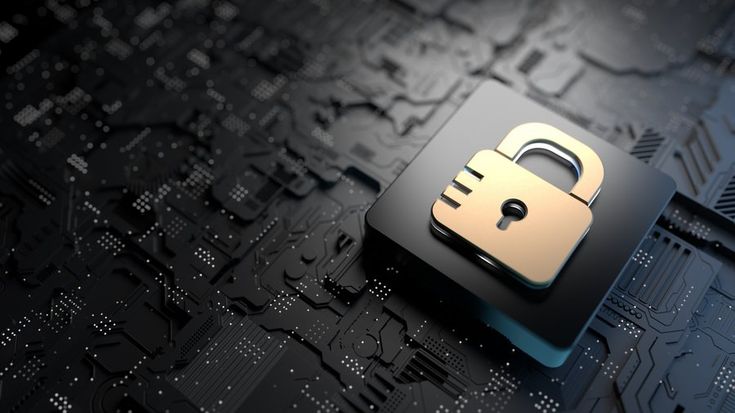Computer Purchase vs. Leasing: Which is the Best Option for Your Business?
When it’s time to invest in new IT equipment, businesses often face a dilemma: should they purchase a computer outright or choose leasing? Each option has its own advantages and disadvantages depending on the company’s financial and operational needs. Here’s an overview of both solutions to help you make an informed decision.
1. Direct Purchase of a Computer
The direct purchase of a computer involves paying the full price of the equipment upfront. This option is common for small and medium-sized businesses, as well as individuals, and offers several advantages:
Advantages of Direct Purchase:
Full Ownership of the Equipment: Once the payment is made, the business owns the computer. This means there are no monthly payments, and the business can use the asset as it sees fit (extended use, resale, etc.).
No Duration Constraints: The computer can be used as long as desired, without needing to adhere to a contract duration or return the equipment at the end of a lease.
Tax Depreciation: Purchasing the equipment may allow the business to benefit from tax depreciation, which can reduce its annual tax liability.
No Dependence on a Lessor: The business is no longer dependent on a third party for managing the equipment.
Disadvantages of Direct Purchase:
High Initial Cost: The main disadvantage is the upfront cost. Purchasing a computer can represent a significant investment for a business, which may strain cash flow, especially for small companies.
Rapid Obsolescence: Technology evolves quickly, and a computer can depreciate in value in a short period. The business will then need to manage maintenance and upgrades or plan for a replacement.
Lack of Flexibility: If the business faces financial difficulties, it will not have the option to suspend or adjust payments.
2. Leasing for Computer Acquisition
Leasing is a financing solution that allows a business to rent an asset (in this case, a computer) with an option to purchase at the end of the contract. The company pays monthly rent for the duration of the contract, and at the end of it, it has the option to buy the computer or return it.
Advantages of Leasing:
Controlled monthly cost: Leasing allows the cost of the equipment to be spread over several months or years, reducing the immediate impact on the company’s cash flow.
Flexibility: At the end of the contract, the company can choose to buy the equipment, return it, or renew it for a newer model. This offers great flexibility in the face of rapidly evolving technologies.
Tax optimization: The monthly lease payments are usually considered operating expenses, which can help the company reduce its corporate tax burden.
No risk of obsolescence: By opting for leasing, the company can more easily keep up with the latest technologies, as it has the option to update the equipment more frequently.
Disadvantages of Leasing:
Higher total cost: Over the long term, the total cost of leasing may exceed that of a direct purchase, especially if the company opts to buy the equipment at the end of the contract.
Dependence on a third party: The company must comply with the terms of the leasing contract and remains dependent on the supplier, which can lead to penalties in case of non-payment or failure to return the equipment on time.
Long-term commitment: Leasing commits the company for a specified period. If the company’s financial situation changes unfavorably, it will still be required to continue making payments for the duration of the contract.
Which Option is Best for Your Business?
The choice between direct acquisition and leasing depends on several factors, including the size of the company, its financial priorities, and its IT equipment strategy.
If you have a substantial budget and wish to retain full control over your assets, direct acquisition may be the best solution. It allows you to manage long-term costs and benefit from fully depreciable assets.
If you prefer to preserve your cash flow and take advantage of the flexibility to regularly renew your equipment, leasing may be more suitable. This option is particularly attractive for companies that want to stay at the forefront of technology without committing to large initial investments.
Conclusion
Both options have advantages depending on the specific needs of each business. Direct acquisition is ideal for those who prioritize ownership and financial stability, while leasing offers more flexibility and tax benefits for companies looking to optimize their cash flow management and quickly renew their equipment.
Before making a decision, it is essential to carefully assess your financial situation and long-term priorities.
Contact us so we can advise you on the best strategy based on your needs and help you choose the best option for your business.



